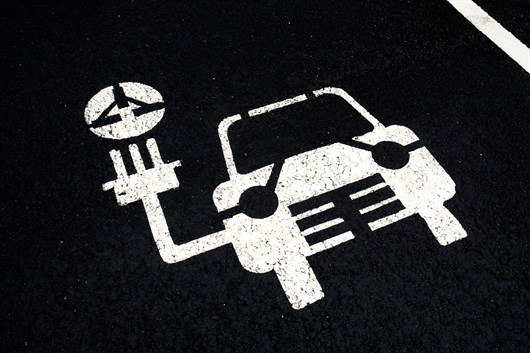Electric car owners braced for price surge

- Energy regulator Ofgem has announced a rise in the energy price cap of 80 per cent from 1 October 2022.
- Increasing energy bills are expected to push inflation even higher.
- EVs near fuel price parity with ICE vehicles.
Electric car owners are facing a ‘perfect storm’ of rising domestic electricity prices, rapid charging set to become more expensive and record levels of inflation that mean pockets are being squeezed.
Earlier today (26 August 2022), the UK’s energy regulator Ofgem announced a rise in the energy price cap of 80 per cent to £3,549 per year for dual fuel for an average household from 1 October 2022.
The price cap, as set out in law, puts a maximum per unit price on energy that reflects what it costs to buy energy on the wholesale market and supply it to people’s homes. It also sets a profit rate that suppliers can make from domestic energy sales.
Today’s increase reflects the continued rise in global wholesale gas prices, which began to surge as the world unlocked from the Covid pandemic and have been driven still higher to record levels by Russia slowly switching off gas supplies to Europe, Ofgem said.

Increasing energy bills are predicted to drive inflation - already at a record level of 10.1 per cent - to a new level of 13 per cent.
All this means that the cost of running an electric vehicle, particularly for those drivers who don’t use one of the dedicated fixed price tariffs for charging an EV overnight, is set to rise.
A Nissan Leaf e+, for example, with a useable battery capacity of 59kWh, currently costs £16.52 to charge at peak times but applying the October price cap this would rise to £30.68.
The rise in the energy price cap comes at time when fuel prices have started to drop from record levels and already HonestJohn.co.uk readers have been asking whether the cost of charging an EV will remain less than an international combustion engine (ICE) car.

Commenting on today's announcement, RAC spokesperson Rod Dennis said: “The impact of the energy price cap increase will certainly be felt by drivers who charge their electric cars at home, with a full charge of a typical family-sized electric SUV costing 84 per cent more from 1 October than it did under the old cap - £33.80, compared to £18.37.
"Despite recent falls in the price of petrol and diesel, the cost of charging at home is still good value compared to paying for either fuel, but again underlines just how the rising cost of electricity is affecting so many areas of people’s lives.
“We’re also aware that public chargepoint operators are having no choice but to increase their prices to reflect the rising wholesale costs they’re faced with, which will heavily impact drivers who have no choice other than to charge up away from home.
"The RAC continues to support the FairCharge campaign call for the Government to cut the VAT rate levied on electricity from public charge points to five per cent, to mirror the rate charged on domestic electricity.”
How much does it cost to charge an EV?
How much you pay to charge up an EV depends on a number of factors. The first is where you choose to connect your car to a power supply. If you hook up at work or some public charging bays, it can be free to recharge your car’s battery as this is often offered as an incentive to use EVs.
At home, you’ll pay for electricity at the same rate as you do whenever you use any other electrical appliance. The cost comes down to what tariff you’re on from your electricity supplier and when you choose to charge your car. Some suppliers offer cheaper tariffs at night when there’s less demand.
How can I compare the cost of an electric car?
You can compare the cost of two different models using our fuel calculator. For instance, you may want to compare an electric Nissan Leaf to a petrol Vauxhall Astra or an electric Skoda Citigo-e iV against a petrol Ford Focus.
Will the cost of charging an EV remain less than an ICE car?

Should I buy a used car that can't be delivered for three months?


